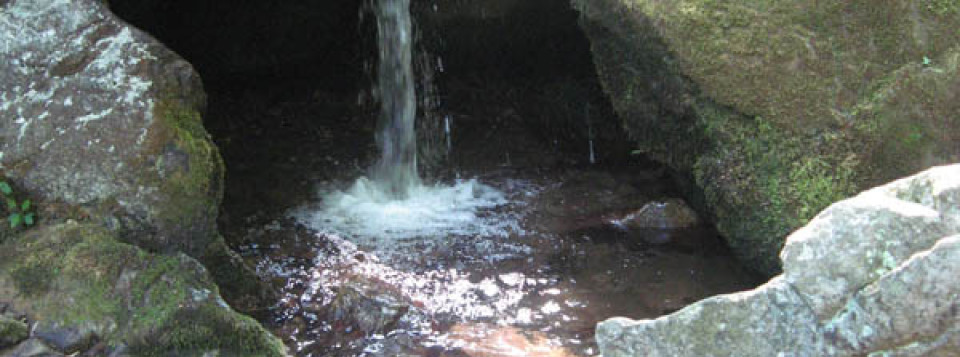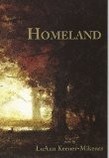Homeland listed on Good Reads:
http://www.goodreads.com/book/show/15997409-homeland
Homeland reviewed on Amazon:
Of the dozens of books of poetry I read in the past year, Homeland takes the
prize: every reading became more deeply rewarding. Each of its four sections has
its own integrity, and plays toward the deeply moving finale. Poem after poem
provides profound satisfaction.
First come the animal poems--full of
intimacy, sixteen of them. I love their tenderness and the variety of
perspectives--"views," to quote Keener. The second section, eleven poems "after
American paintings of European conquest and Westward movement," unfolds the
cruel costs of our history. So full of movement!: narrative movement but also
the movement of the mind as it envisions each scene and its implications. The
third and shortest section--"Fossils and Landscapes"--moves through bleak
reflections upon mortality to the magnificent "Chambered Nautilus" and the
gathering hope in "Whereupon we imagine / that two together / can make this
journey." Only in the final section of the book--"Love Stories"--does Homeland
become overtly autobiographical: these are poems about fear and horror and the
courage to sing. "No / miracle like the end / of fear," Keener says, full of
wonder, in "Hymn," as the book moves into its nine triumphal final
poems.
Take "The Parents of Crazy Horse," in which the old people must
claim and box the body of their slain son and carry him away. The first half of
the poem evokes their grief, but the second is all affirmation: as they ride
"into the Bad Lands, / the box grew lighter, and the horses / were not weary."
"Carrying the death of a nation into history, they knew / how to surrender to
ceremony." Keener has them wash the body and "bind him high in a cradle of
branches." It's all questions after that--questions and transcendence: "Did they
sleep? How does one lie down / and rise again in the arms of death? / Somewhere
in their deep bier, his bones / sing for them. Somewhere the old ones have
stepped / into song, into this poem, which shall also // be grass, in the wind /
that is everywhere."
Then there's "The Woman Who Paints Demons." In her
"broad, honest strokes" "the broken undergo //transformation. Souls emerge, /
throbbing with wings of resurrection." "What courage," Keener exclaims, "to
imagine / that evil, twinned with its opposite, / may be
countered...."
And Keener finds in the sea turtle "dropping slick pearls
of the future / into the names beaches" the solution to "the equation of
perpetuity" and the reassurance that "it is all right / to live inside this
music, // a women / migrating through history."
Please read Luann
Keener-Mikenas' wonderfully wrought--and felt--poems!
--Jay Paul, Newport News, VA



